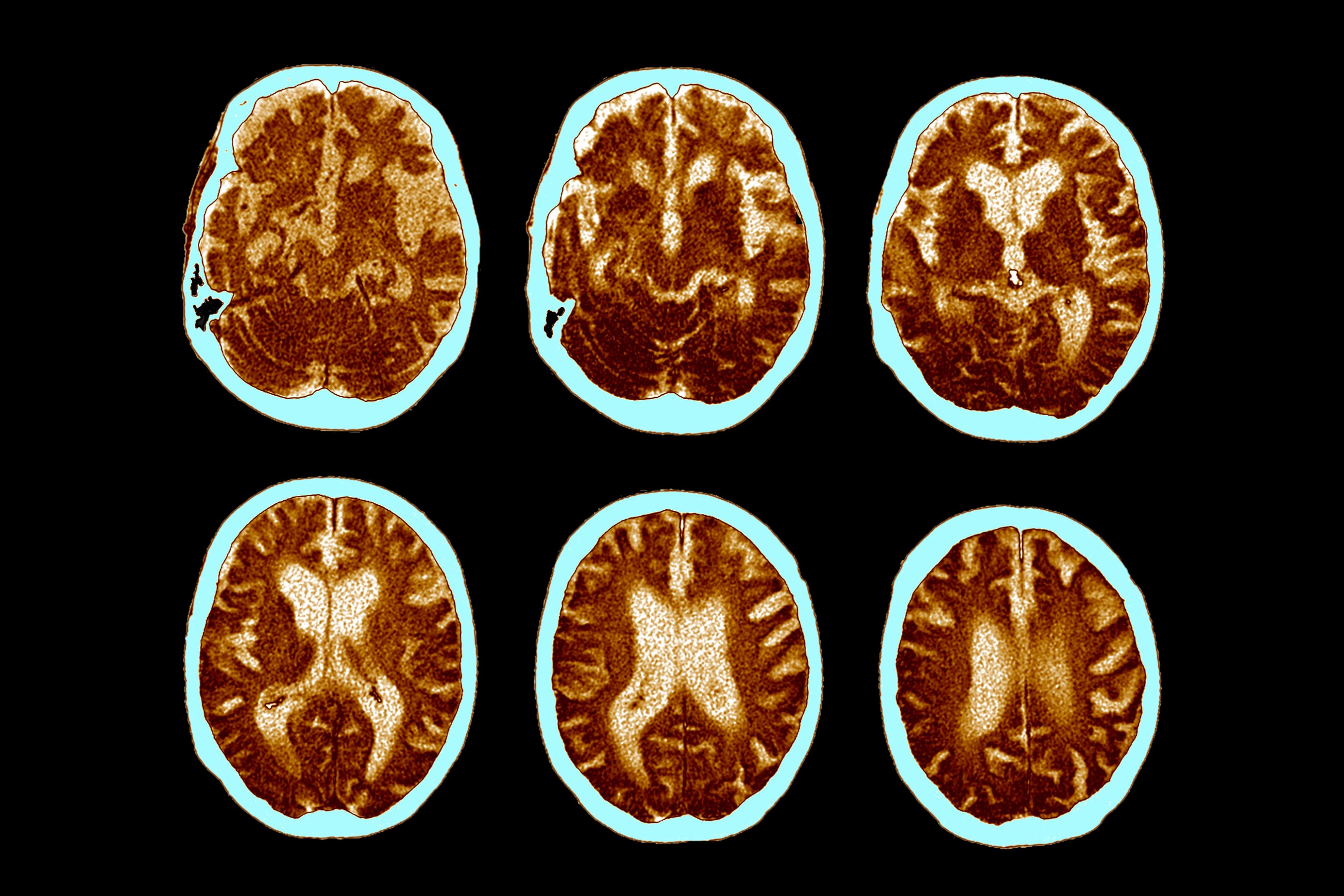
Researchers say they have uncovered more evidence to support a controversial hypothesis that sticky proteins that are a signature of Alzheimer’s disease can be transmitted from person to person through certain surgical procedures.
The authors and other scientists stress that the research is based on a small number of people and is related to medical practices that are no longer used. The study does not suggest that forms of dementia such as Alzheimer’s disease can be contagious.
Still, “we’d like to take precautions going forward to reduce even those rare cases occurring”, says neurologist John Collinge at University College London who led the research, which was published in Nature Medicine on 29 January.
On supporting science journalism
If you’re enjoying this article, consider supporting our award-winning journalism by subscribing. By purchasing a subscription you are helping to ensure the future of impactful stories about the discoveries and ideas shaping our world today.
For the past decade, Collinge and his team have studied people in the United Kingdom who, during childhood, received growth hormone derived from the pituitary glands of cadavers to treat medical conditions such as short stature. The latest study finds that, decades later, some of these people developed signs of early-onset dementia. The dementia symptoms, such as memory and language problems, were diagnosed clinically, and in some patients appeared alongside plaques of the sticky protein amyloid-β in the brain, a hallmark of Alzheimer’s disease. The authors suggest that this protein, which was present in the hormone preparations, was ‘seeded’ in the brains and caused the damage.
Contaminated hormone
The work builds on the team’s previous studies of people who received cadaver-derived growth hormone, a practice that the United Kingdom stopped in 1985. In 2015, Collinge’s team described the discovery at post-mortem of amyloid-β deposits in the brains of four people who…
Read the full article here






